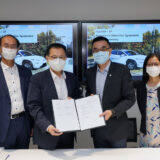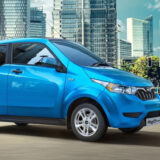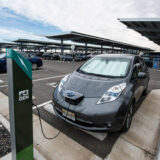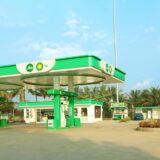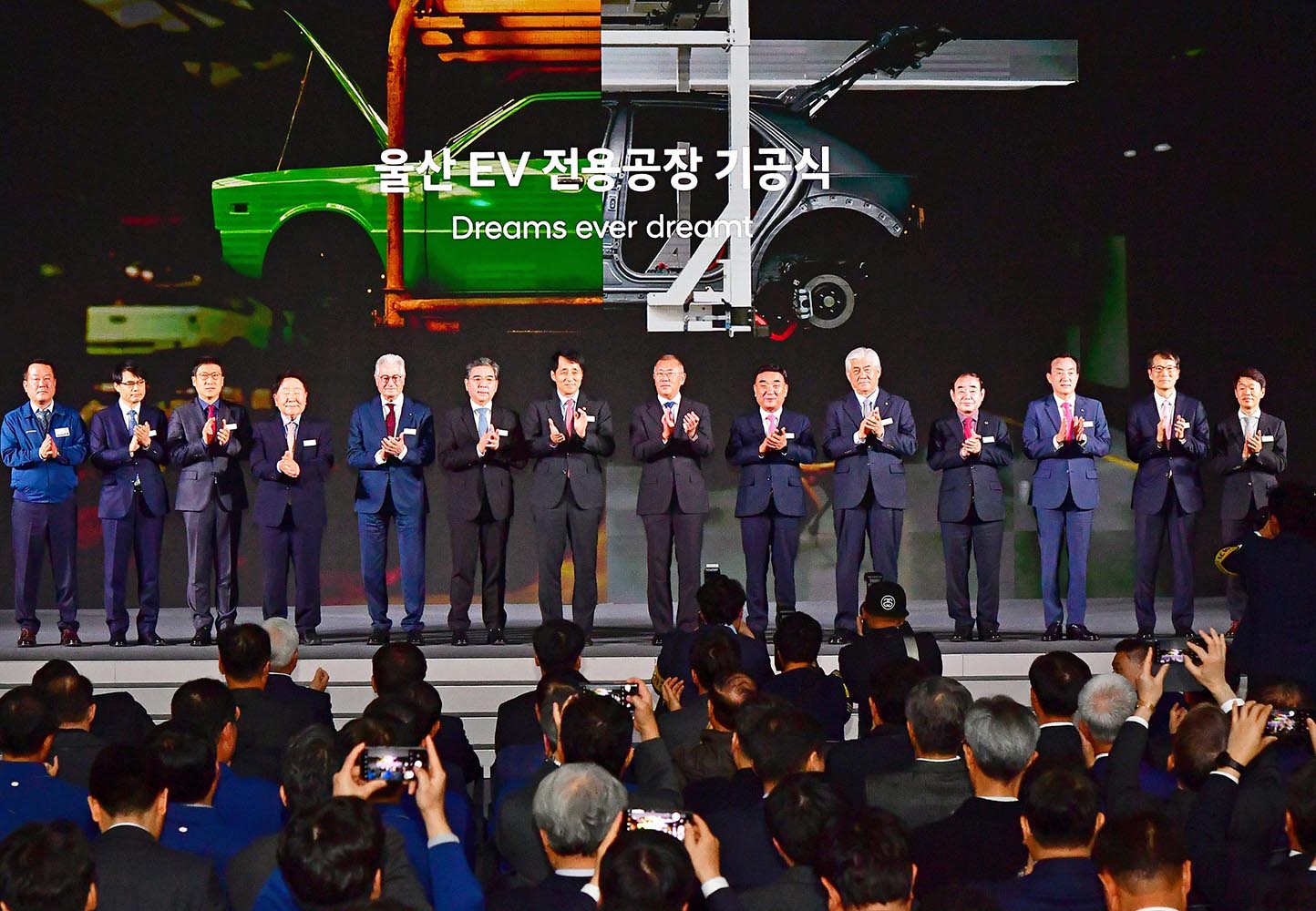
Hyundai Motor Group launches new EV plant in Ulsan, South Korea
Hyundai Motor Group has initiated the construction of a state-of-the-art electric vehicle (EV) plant in Ulsan, South Korea, marking a significant step in the company’s journey towards sustainable mobility.
The Ulsan Plant, established in 1968, has been instrumental in Hyundai Motor’s growth. It was here that the company produced its first unique model, the Pony, in 1975, showcasing the determination and innovation of its workforce. This achievement marked a significant step towards technological independence and the localisation of automotive parts production in South Korea.
Under the guidance of Honorary Chairman Mong-Koo Chung, Hyundai Motor emphasised quality management, transforming into a globally recognised brand. Today, the Ulsan Plant stands as the world’s largest single plant, symbolising the birthplace of the Korean automotive industry.
The new EV-dedicated facility, Hyundai Motor’s first new plant in Korea since 1996, is designed to lead the electrification era. It reflects the company’s human-centered values, aiming to provide an optimal working environment for employees and harmonious coexistence with nature.
Jaehoon Chang, president and CEO of Hyundai Motor Company, expressed his commitment to inheriting the Ulsan Plant’s legacy and leading the electrification era with pride and responsibility.
The Ulsan EV plant, covering a 548,000 square metre area, will have the capacity to produce 200,000 EVs annually. Approximately KRW2 trillion (USD1.53 billion) is invested in this project, with construction completion expected in 2025 and mass production commencing in early 2026. The first model to be produced will be an electric SUV from Hyundai Motor Group’s luxury brand, Genesis.
This plant will incorporate innovative manufacturing platforms developed by the Hyundai Motor Group Innovation Center in Singapore (HMGICS), featuring AI-based intelligent control systems, eco-friendly construction methods, and human-friendly facilities.
The new plant’s design prioritises worker well-being and environmental sustainability, featuring natural light, open-format group lounges, and a Central Park area. It will also utilise solar panels and upcycled concrete panels, emphasising Hyundai’s commitment to eco-friendly future mobility production.






